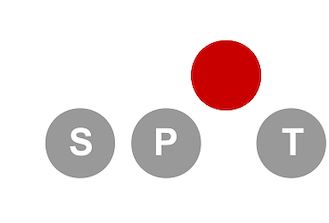An online version of the paper “Optimization via multimodel simulation” (https://doi.org/10.1007/s00158-018-1934-2) written by Thomas Bartz-Beielstein, Martin Zaefferer, and Quoc Cuong Pham was published today. This research paper was published in the journal “Structural and Multidisciplinary Optimization“.
Abstract:
“Increasing computational power and the availability of 3D printers provide new tools for the combination of modeling and experimentation. Several simulation tools can be run independently and in parallel, e.g., long running computational fluid dynamics simulations can be accompanied by experiments with 3D printers. Furthermore, results from analytical and data-driven models can be incorporated. However, there are fundamental differences between these modeling approaches: some models, e.g., analytical models, use domain knowledge, whereas data-driven models do not require any information about the underlying processes. At the same time, data-driven models require input and output data, but analytical models do not. The optimization via multimodel simulation (OMMS) approach, which is able to combine results from these different models, is introduced in this paper. We believe that OMMS improves the robustness of the optimization, accelerates the optimization-via-simulation process, and provides a unified approach. Using cyclonic dust separators as a real-world simulation problem, the feasibility of this approach is demonstrated and a proof-of-concept is presented. Cyclones are popular devices used to filter dust from the emitted flue gasses. They are applied as pre-filters in many industrial processes including energy production and grain processing facilities. Pros and cons of this multimodel optimization approach are discussed and experiences from experiments are presented.“
Keywords
Combined simulation Multimodeling Simulation-based optimization Metamodel Multi-fidelity optimization Stacking Response surface methodology 3D printing Computational fluid dynamics
Cite this article as
Bartz-Beielstein, T., Zaefferer, M. & Pham, Q.C. Struct Multidisc Optim (2018). https://doi.org/10.1007/s00158-018-1934-2
Publisher Name
Springer Berlin Heidelberg
Print ISSN1615-147X
Online ISSN1615-1488
